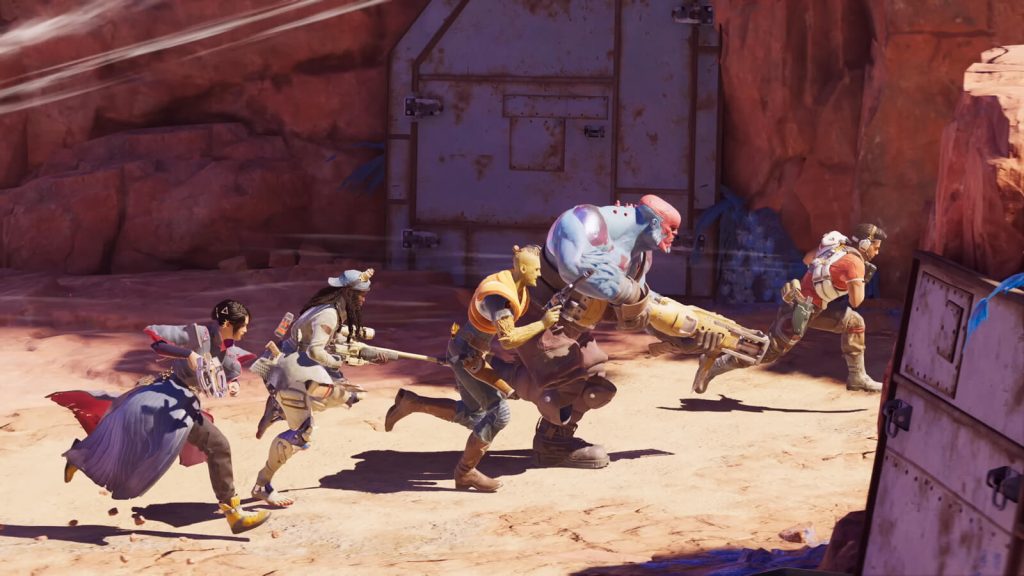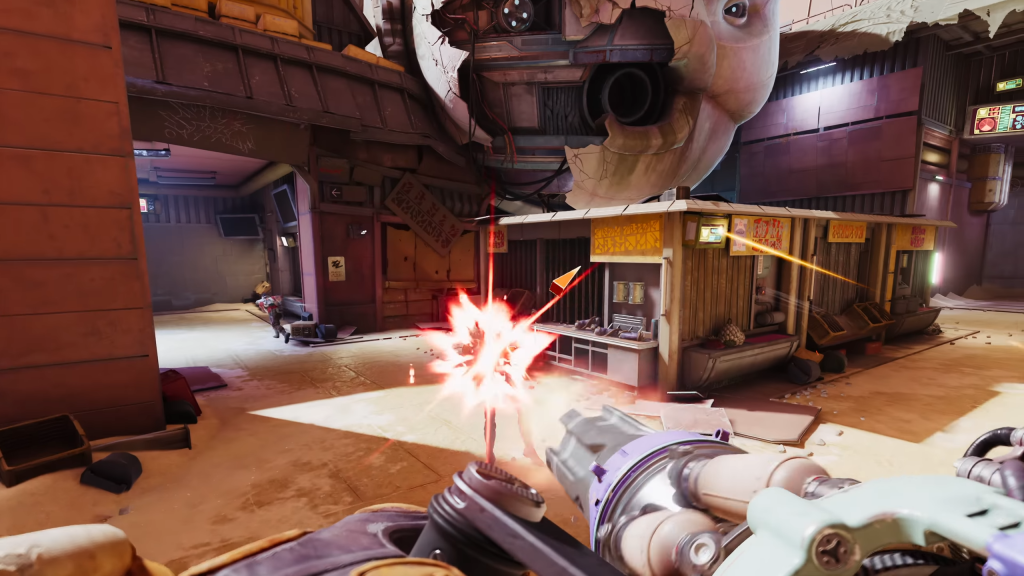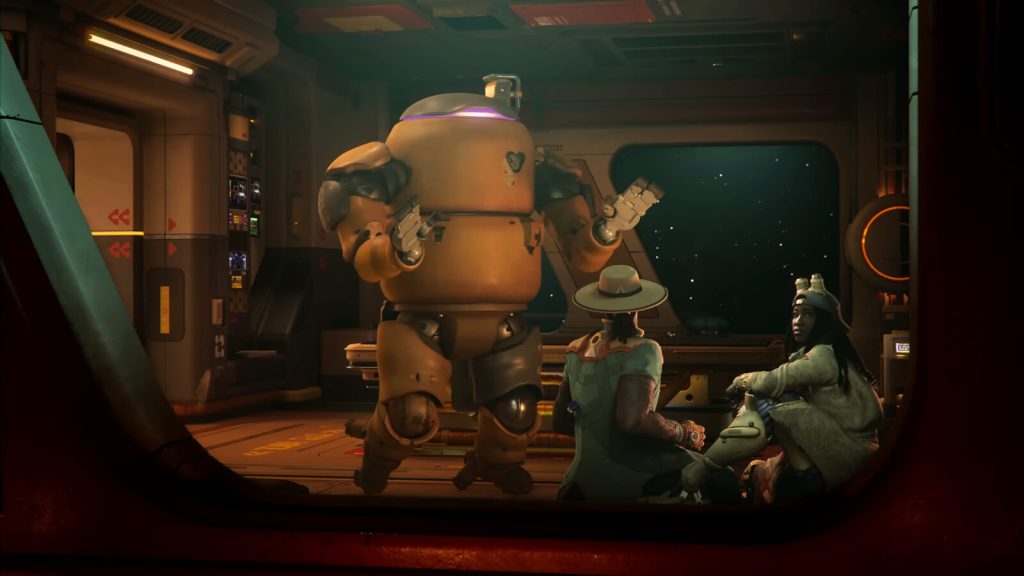The Museum of Failure Is a Real Thing and Unsurprisingly, It Has Concord
In a world where the gaming industry is known for its immense hype and equally immense risks, Concord stands out as one of the most dramatic failures in recent history. After years of development and hefty investment, the game was supposed to be a grand experience but failed spectacularly.

While the game didn’t find its place in many players’ hearts or minds, in an unexpected but fitting move, it certainly did at the Museum of Failure, a quirky institution that is dedicated to showcasing the products, ideas, and innovations that didn’t quite live up to expectations.
Concord finally went where it belongs: The Museum of Failure

For those who don’t know, the Museum of Failure is not your average museum, its name pretty much gives it away. It was founded in 2017 to highlight the failures of companies, products, and ideas, basically innovations that didn’t make it for various reasons, becoming valuable reminders for others.
It is a collection of “history” that many companies would rather erase from their memory. From failed gadgets and poor marketing campaigns to overhyped products and unfulfilled promises, the museum collects and preserves these artifacts to demonstrate the importance of failure in the pursuit of success.
It is in this spirit of learning from past failures that Concord was recently added to the museum’s growing collection. Despite its existence for a few weeks, it quickly earned a reputation for being a failure in almost every aspect.
The game not only failed to meet lofty expectations set by gamers (after its 8-year development cycle) but also showcased that time and money are valuable resources that need to be spent efficiently. For these reasons alone, it became a perfect piece to showcase to visitors at the museum.
The game became a worthy and unsurprising addition

Developed over the course of 8 years and costing over $400 million supposedly, Concord was expected to be the next big thing from Sony’s lineup, aiming to revolutionize the gaming landscape with its hero-shooter mechanics and character design.
Unfortunately, the game failed to deliver on all fronts. The gameplay was uninspiring, the character models were lackluster, and it even failed to do what other live service games were doing: being free, as it was priced at $40 on launch. Naturally, fans were disappointed and reviews quickly plummeted.
In the context of the Museum of Failure, it is a textbook example of how an ambitious project can sometimes outpace reality, especially when the development process is poorly handled. Its addition should be a fitting reminder for other studios about the risks of overambition and chasing others.
Even though Sony’s ambition to release its own hero-shooter live service game failed miserably, hopefully, it becomes a powerful lesson for the company that failure is not the end, but part of a broader learning process.
In the end, the museum encourages developers and innovators to learn from others’ mistakes, refine their ideas, and take creative risks while understanding that not every endeavor will succeed.
#Museum #Failure #Real #UnsurprisinglyItHasConcord
